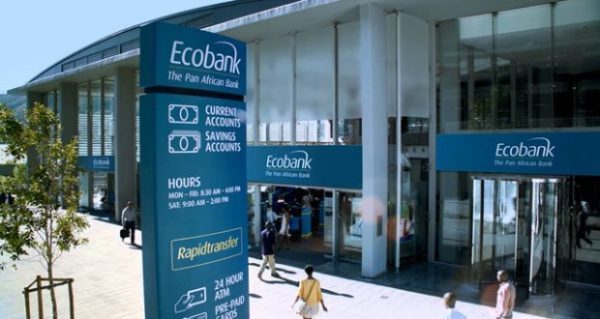The African bank Ecobank Transnational Incorporated (ETI) had to inject $ 64 million into its Nigerian subsidiary to end a controversy with the authorities of that country. All is part of the adoption by Ecobank in its 2017 accounts of a Naira / dollar exchange rate different from the official rate applied by the central bank. The resulting differential affected the equity ratio of Ecobank Nigeria, the Group’s largest subsidiary, both in terms of total assets and the ratio of outstanding receivables and, inevitably, provisions.
As a reminder, the board decided in November to adopt a market exchange rate of 364 naira for one dollar, while the official exchange rate of Nigeria granted one dollar for 306 naira. The penalty is all the more severe as many Nigerian banks have used the same method as Ecobank. Thus, for the fiscal year 2017 results, GT Bank, Zenith Bank, Access Bank and StanbicIBTC all used different Naira rates against the US dollar, far below the official rate. Could the Pan African Bank’s fault be transparency in disclosing its exchange rate where the other banks show discretion?
Present in 36 countries, ETI is highly exposed to structural foreign exchange risk related to its operations in different currencies. In 2016, all major currencies in the countries of presence depreciated sharply against the reporting currency of ETI, the US dollar. The cumulative effect is a translation loss of $ 625 million on consolidation at the end of 2016, corresponding to 25% of the group’s opening equity.



